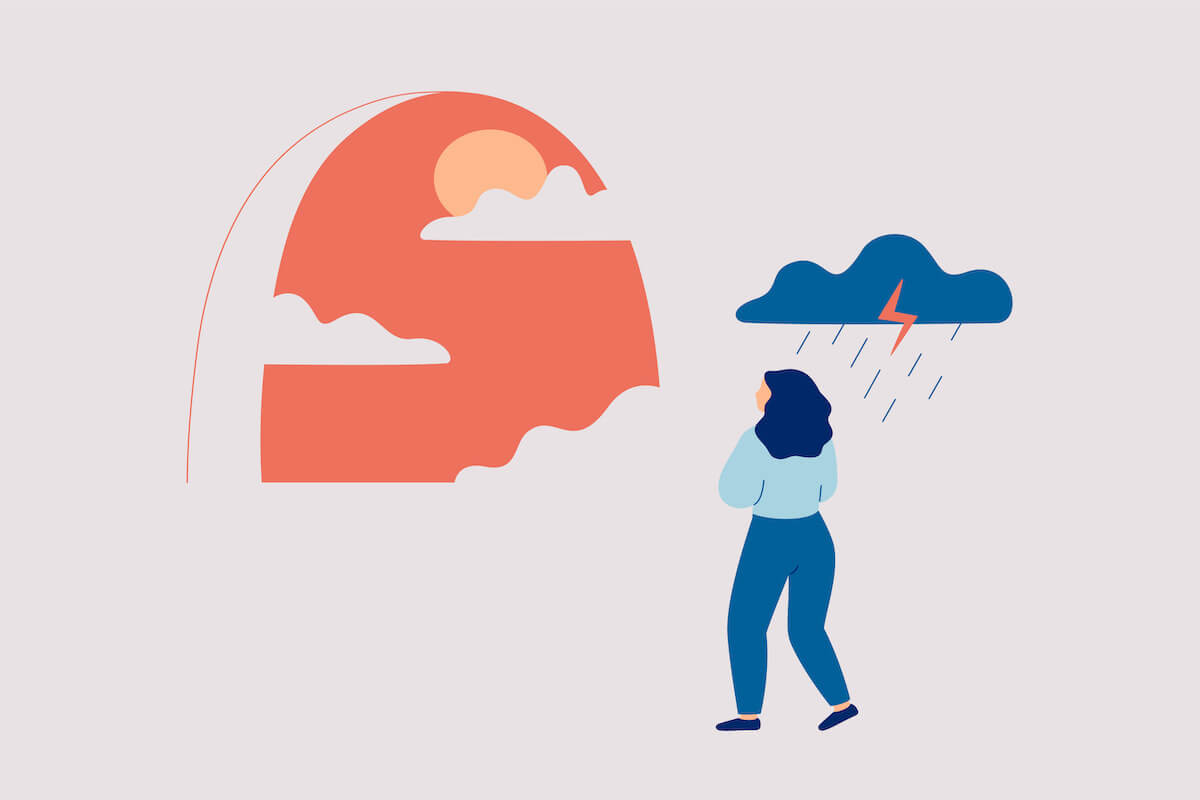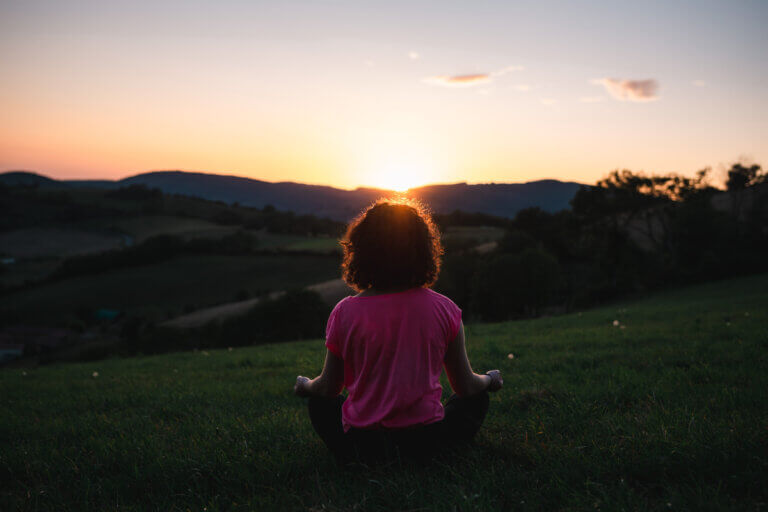In recent years, it’s become clear that the implications of climate change are much further reaching than we might have thought. For example, the threat of climate change has now spilled over into the mental health arena, manifesting in what experts are calling “climate anxiety” or “eco anxiety” — a condition that’s especially affecting young people.
Young People Think ‘the Future Is Frightening’
A recent study of 10,000 children and youth aged 16 to 25 found that respondents in 10 countries around the world were experiencing climate anxiety of some kind. A total of 59% of survey respondents reported feeling very or extremely worried, while 84% were at least moderately worried. What’s more, 75% said that they think “the future is frightening” and 83% said that they think “people have failed to take care of the planet.”
Feelings of powerlessness, helplessness, sadness, anger and even guilt are commonly wrapped up in the overarching issue of climate anxiety. Some survey respondents even reported difficulty functioning in their day-to-day lives due to the paralyzing anxieties they feel on a regular basis.
Since powerlessness and helplessness are so commonly intertwined with climate anxiety, it can feel impossible to overcome these feelings and take back a sense of control. However, there are steps we can take to feel better and work towards solutions in the face of climate change.
3 Tips for Coping with Climate Anxiety
Vera Cheng, a licensed social worker and therapist based in Toronto, shared a few key tips for coping with climate anxiety and all it entails:
1. Take Action

Although the scale of the crisis can make many of us feel powerless, Cheng says you may be able to take back a small sense of agency by making lifestyle changes to tackle climate change.
“Take action by changing individual behaviors such as bike commuting or using public transport,” she says. “Instead of using plastic bags for groceries, bring reusable bags, or shop at eco-friendly grocery stores.”
Related Articles
2. Validate Your Feelings to Cope with Climate Anxiety

Another important element of coping with climate anxiety, according to Cheng, is giving yourself the space to feel how you’re feeling, instead of trying to fight against your emotions.
“Recognize it’s normal to have anxiety about climate change,” Cheng says. “Tell yourself, ‘It’s okay to feel guilty for taking a mental break because I’m concerned about climate change and want things to be different.’”
3. Volunteer

Finally, Cheng suggests taking tip number one a step further by getting involved in community projects, organizations or initiatives that will help to empower you and give you the sense that you’re making a positive impact in the world.
“Get involved in community environment projects that can help your mental health while also being good for the planet,” she says.
Lead graphic by Mary Long/Adobe Stock.







